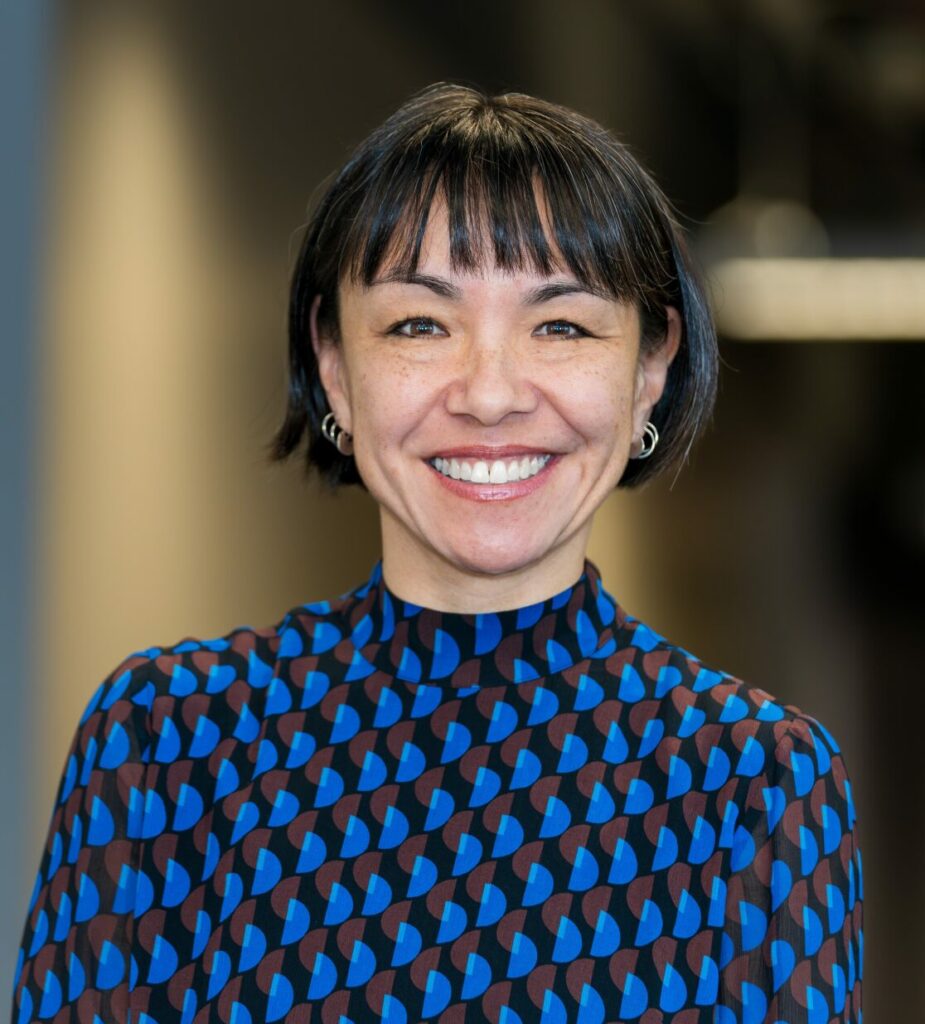
I joined York in 2022 as a Professor of Psychology and the inaugural Associate Vice-President Faculty Affairs. In that role, I worked with colleagues across York to establish pan-university systems, resources, events, and networks to support faculty members’ careers. Since January 2024 I have been serving as the Vice-President of Equity, People & Culture. I take to heart the Division’s mission of cultivating conditions in which all York community members feel a sense of belonging and can realize their desired potential, whether as learners, scholars, or colleagues.
I often describe Equity, People & Culture as the division of the University that concerns itself with how we treat one another. While this may seem too basic or even naïve, given our university’s size and ambitions, I would argue that York’s potential – intellectual, educational, reputational – will never be realized without significant and sincere investment in our relational culture. How we treat each other will be the limiting – or enabling – factor in our success.
This approach is deeply rooted in my education, both in classrooms and beyond them, as a systems-focused social worker. Those experiences taught me that meaningful, enduring change is possible only if we critically examine (and substantively improve) the conditions in which people make their lives, listen and respond to people’s priorities, build trust and coalitions, and support ground-up initiatives.
This is my first role with “equity” in the title, yet it has been the organizing principle and driving force of my entire career. It is why I first became a social worker, it is at the core of my research program examining the impact of interlocked social injustices on youths’ sexual lives, and countering the anti-intellectualism of bias and discrimination is one of the reasons I began taking on academic administrative roles. I am wholeheartedly committed to a vision of academia as a striving, multivocal, and expansive intellectual community, but I have no illusion that this will be easily realized. We have to approach “equity work” (i.e., striving for decolonization, equity, diversity, inclusion, accessibility and justice) not as a time-limited remedial exercise we reluctantly submit to, but instead embrace it as a growth-promoting force that enriches and enlivens us: individually and collectively; intellectually and relationally.
First as a social worker, then as a researcher and educator, and now as an administrator, my purpose is to help others thrive: experiencing dignity, pursuing paths that are meaningful to them, and enjoying mutual, affirming relationships with others. I know my own life would not have been possible if others hadn’t made this commitment to me and I believe in working hard to honour them. Therefore, I remain grateful for my undergraduate education at Wellesley College, my doctoral training in social work and psychology with Dr. Abby Stewart at the University of Michigan, and the colleagues and students I worked with for 17 years at the University at Buffalo School of Social Work prior to joining York.
